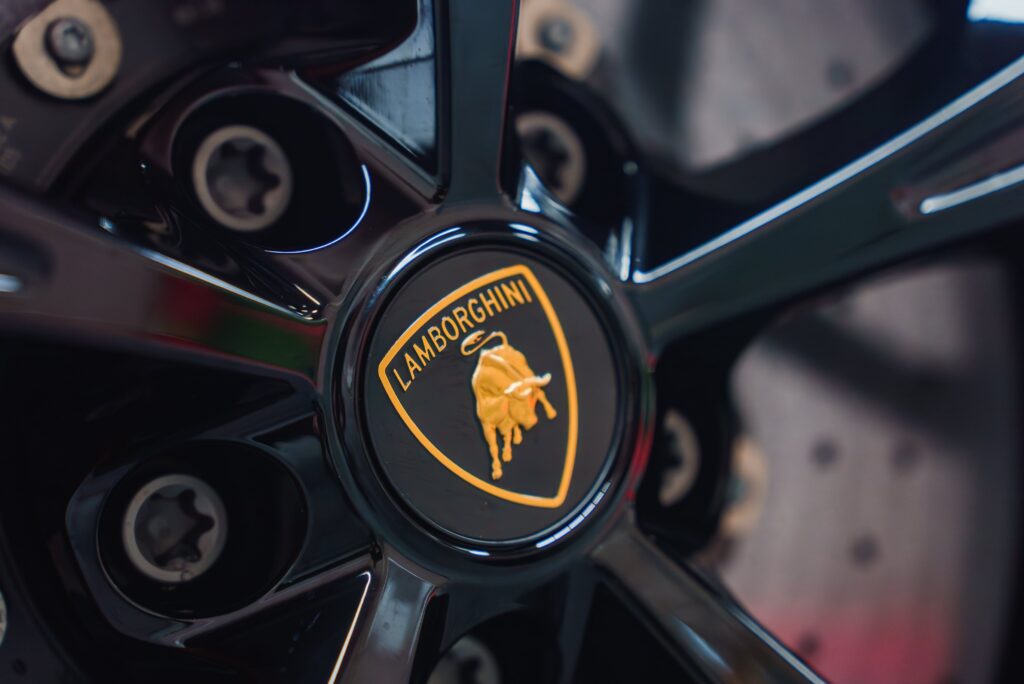Lamborghini’s chief executive says the brand’s customers still crave the roar, emotion, and energy of petrol engines. The iconic Italian marque plans to keep using them for at least another decade.
Hybrids take the spotlight
At Lamborghini’s London showroom, CEO Stephan Winkelmann said that enthusiasm for electric cars is declining. He sees this as a chance for the brand to strengthen its focus on hybrids rather than commit fully to electric models.
Within the next few weeks, Lamborghini will decide whether its long-anticipated Lanzador will be a fully electric grand tourer or a plug-in hybrid. Winkelmann said the company operates responsibly but added that its limited production numbers mean its environmental impact remains small.
Power, design, and emotion combined
Lamborghini, owned by the Volkswagen Group, currently offers three main models. The Temerario and Revuelto are plug-in hybrid supercars that pair powerful petrol engines with electric motors. They can drive short distances in electric mode but are built for speed and intensity.
The Urus, Lamborghini’s luxury SUV, is available both as a plug-in hybrid and a petrol-powered version. Though less flamboyant than the brand’s supercars, it accounts for more than half of Lamborghini’s total sales.
The limited-edition Fenomeno is built purely for collectors. With a top speed above 215 mph, only 30 will ever be made. Each car costs at least €3 million before tax.
Electric projects lose momentum
Two years ago, Lamborghini announced plans for an all-electric successor to the Urus, set to arrive in 2029. That plan has now been delayed, with the car unlikely to appear before 2035.
The fate of the Lanzador is also uncertain. Winkelmann said the company must decide whether to move forward with a fully electric version or a plug-in hybrid.
He pointed to falling excitement among luxury buyers. “Today, enthusiasm for electric cars is going down,” he said. “We see a big opportunity to keep combustion engines and batteries working together longer than expected.”
Emotion over silence
Winkelmann believes that combustion engines remain essential to Lamborghini’s success. He said customers still want the visceral experience that only petrol power can deliver. “They still want the sound, the vibration, and the emotion of a combustion engine,” he said.
This strategy contrasts with Ferrari’s direction. The rival Italian brand plans to unveil its first fully electric car, the Elettrica, next year. Ferrari promises the new model will keep the spirit of its traditional cars — even without the engine’s roar.
Responsibility with perspective
Winkelmann said Lamborghini takes sustainability seriously but recognises its small footprint. “We sell 10,000 cars in a world that produces 80 million a year, so our CO₂ impact is limited,” he explained.
He added, “We act responsibly, but our influence is modest.”
From 2035, the EU and the UK will ban the sale of new petrol and diesel cars, including plug-in hybrids. However, some manufacturers are lobbying for a slower transition, citing industrial and economic challenges.
If granted, combustion engines could remain available beyond the 2035 deadline. The UK will also allow small carmakers producing fewer than 2,500 cars a year to continue sales. Lamborghini, which sold just 795 cars in the UK last year, easily qualifies for that exemption.


